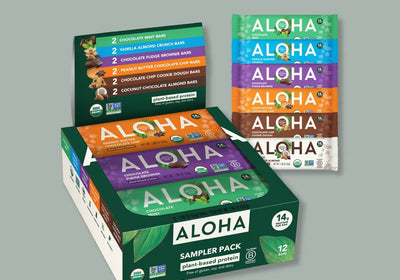
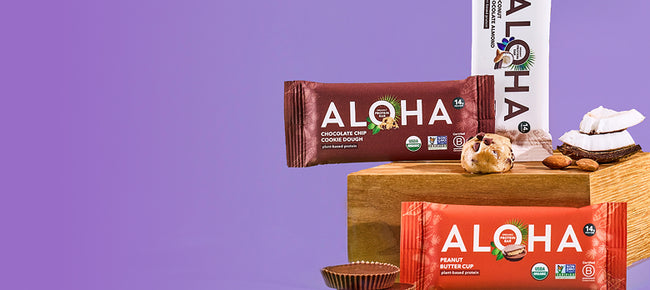 collection header image
collection header image
 collection header image
collection header image
Protein Bars
-

-
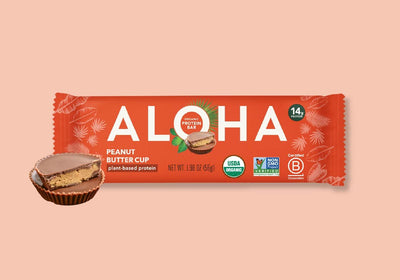
-
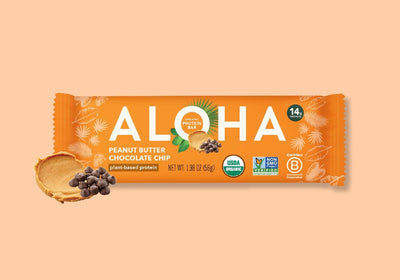
-
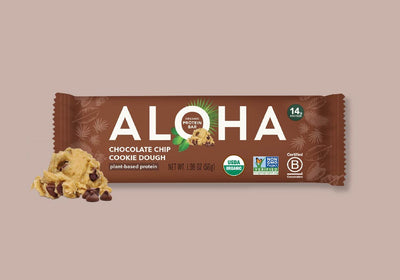
Chocolate Chip Cookie Dough
Protein Bars12-countIndulgent cookie dough, rich chocolate chips
Price: $34.99
-
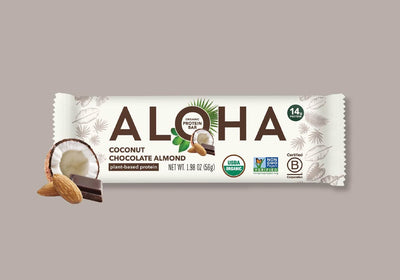
Coconut Chocolate Almond
Protein Bars12-countFlaky coconut, almond pieces, chocolate chunks
Price: $34.99
-
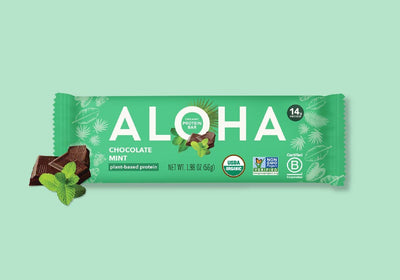
-
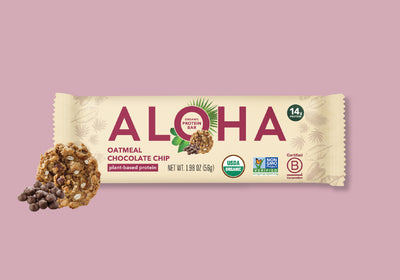
-
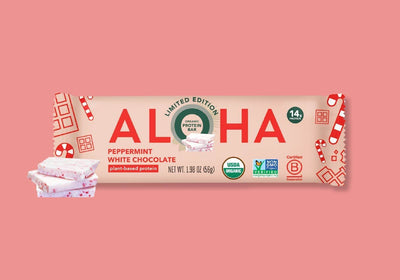 Limited Edition!
Limited Edition!Peppermint White Chocolate
Protein Bars12-countCoated in white chocolate and topped with crunchy peppermint bits
Price: $34.99
-
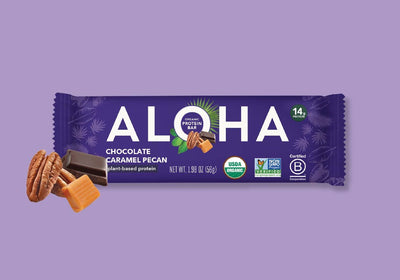
Chocolate Caramel Pecan
Protein Bars12-countPecans and dark chocolate in a caramel swirl
Price: $34.99
-
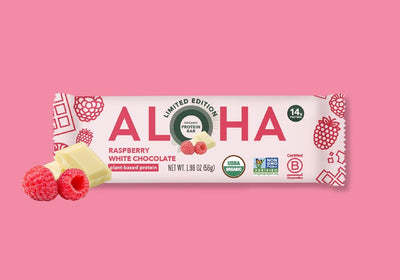 Limited Edition!
Limited Edition!Raspberry White Chocolate
Protein Bars12-countDreamy raspberry coated in rich white chocolate
Price: $34.99
Sold Out
-
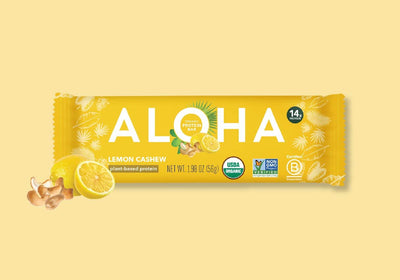
-
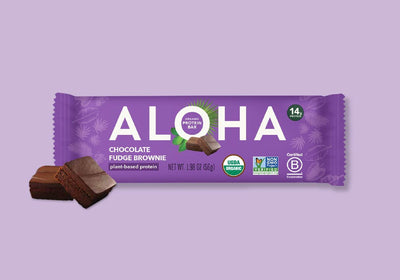
Chocolate Fudge Brownie
Protein Bars12-countSmooth, indulgent chocolate is irresistible
Price: $34.99
-
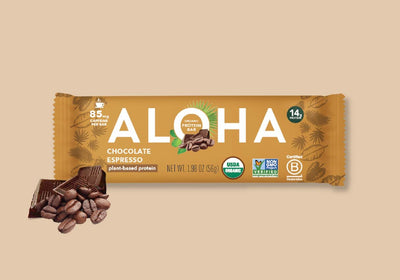 85 mg Caffeine
85 mg Caffeine -
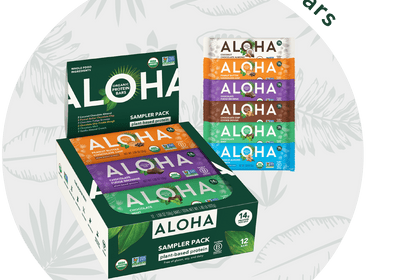
-
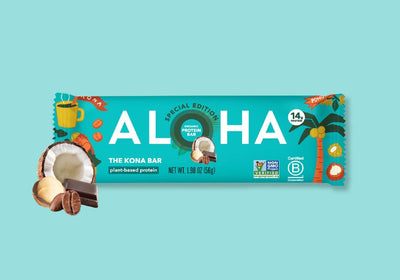 Special Edition
Special EditionThe Kona Bar
Protein Bars6-countRich coconut + macadamia nuts with Kona coffee
Original price: $21.99 Sale price: $17.59
-
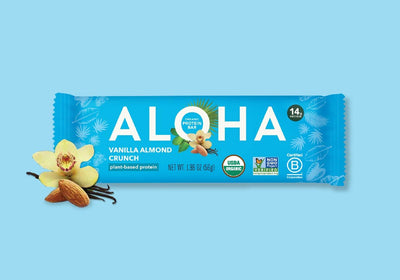
Vanilla Almond Crunch
Protein Bars12-countHint of vanilla and packed with almond pieces
Price: $34.99
-
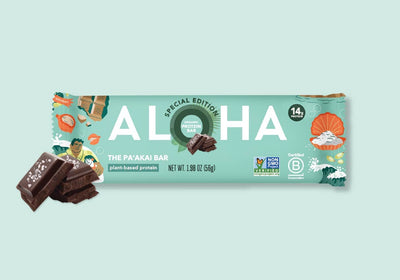 Special Edition
Special EditionThe Pa'akai Bar
Protein Bars6-countDark chocolate, macadamia nuts + sea salt
Original price: $21.99 Sale price: $17.59
-
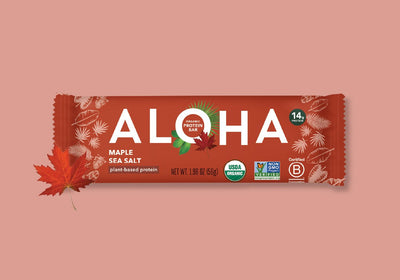
-
 Limited Edition
Limited Edition -
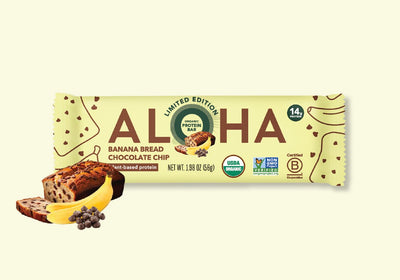 Limited Edition!
Limited Edition! -
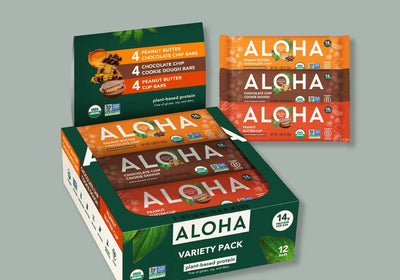
Peanut Butter & Cookie Dough
Variety Pack12-countThree best-selling classics, one delicious variety pack
Price: $38.99
-
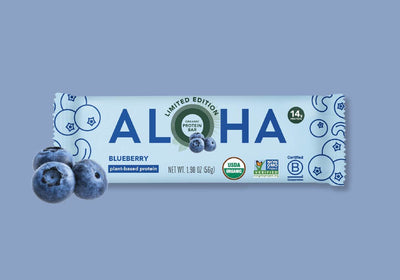 Limited Edition
Limited Edition -
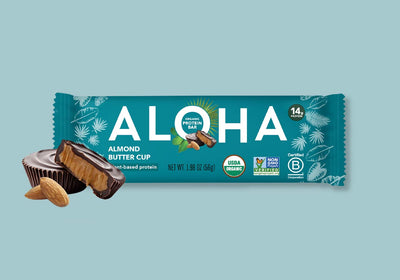
Almond Butter Cup
Protein Bars12-countDark chocolate complements the warmth of almonds
Price: $34.99
-
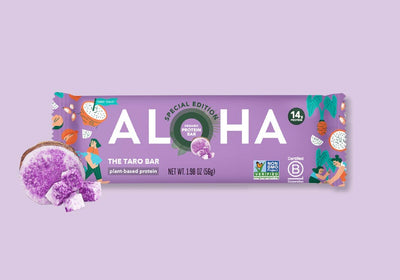 Special Edition
Special EditionThe Taro Bar
Protein Bars6-countSweet, creamy taro + macadamia nuts
Original price: $21.99 Sale price: $17.59
-
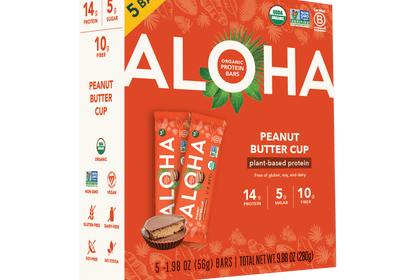
(5-bar box) Peanut Butter Cup Protein Bars
Original price: $21.99 Sale price: $15.99
-

Protein Bar Sampler #2
Variety Pack12-countSatisfy any craving with these six flavors
Price: $38.99
-
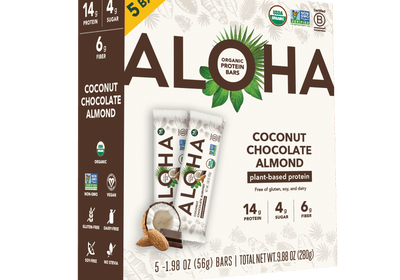
(5-bar box) Coconut Chocolate Almond Protein Bars (Best By 2025)
Original price: $16.99 Sale price: $9.00
-
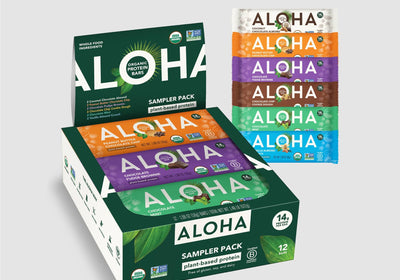
-
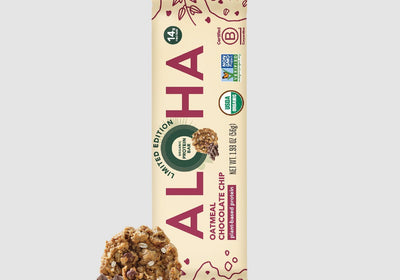
-

Mini Protein Bar Sampler
Variety Pack20-countSatisfy any craving with five flavors in bite sized form.
Price: $37.99
-
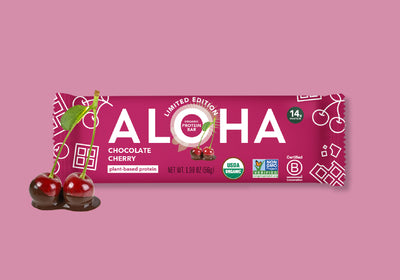 Limited Edition!
Limited Edition! -
 Limited Edition
Limited EditionRaspberry White Chocolate
Protein Bars (Out of Stock)12-countDreamy raspberry coated in rich white chocolate
Price: $34.99
Sold Out
-
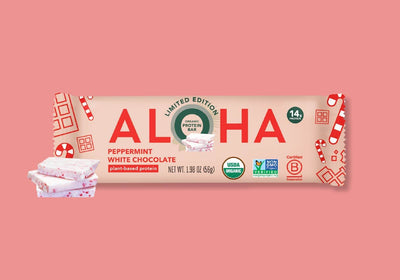 Limited Edition
Limited EditionPeppermint White Chocolate
Protein Bars (Out of stock)12-countCoated in white chocolate, topped with peppermint bits
Price: $34.99
Sold Out































